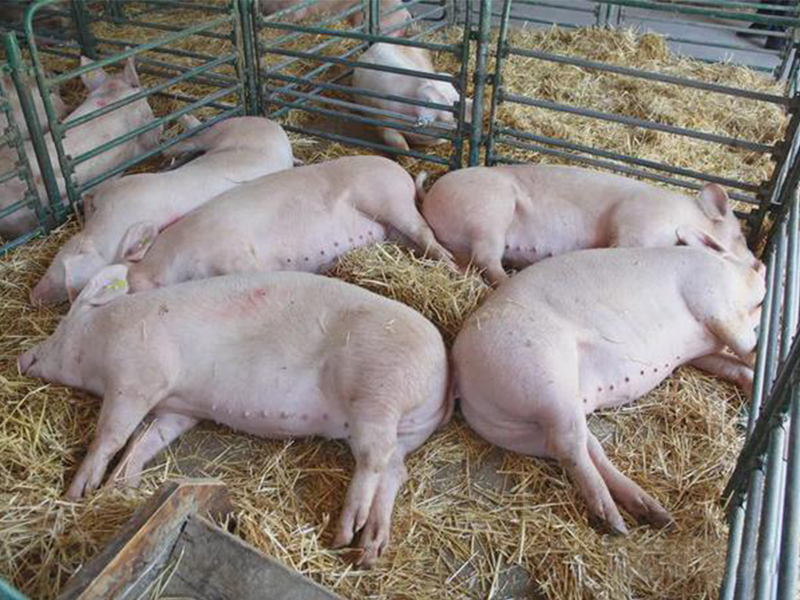The ASFV-G-ΔI177L vaccine was developed by the United States Department of Agriculture (USDA) and is based on the highly virulent strain of ASF type II, the Georgia 2007 strain, by deleting the I177L gene. Early studies concluded that it has a high protection rate for pigs, low viremia, no virus excretion, and produces a strong antibody response. Multiple studies from 2020 to 2022 further confirmed its safety and effectiveness.
Vietnam began to produce and promote the vaccine in the country in 2022, making it the world's first commercially used African swine fever vaccine. In August 2022, there was an incident of mass deaths of pigs due to vaccination, and vaccination was briefly suspended. After an official investigation, it was believed that it was caused by improper use, not the vaccine itself, and the vaccine continued to be commercialized.
The latest research article published on March 6, 2025 revealed that the vaccine has serious safety issues (African swine fever virus vaccine strain Asfv-G-∆I177l reverts to virulence and negatively affects reproductive performance). The study believes that ASFV-G-ΔI177L shows genetic and phenotypic instability in horizontal or vertical transmission and is not suitable for use as a field vaccine.

Three experiments were mainly carried out in their study:
Pregnant pig safety experiment: After vaccination in two pregnant pigs, one showed moderate ASF clinical symptoms, 43% of fetuses died at birth, and only 17% of live piglets survived until the end of the study.
Virulent recovery experiment: After passage in pigs, the vaccine recovered virulence at 3-4 generations, accompanied by severe clinical symptoms and higher viral loads.
Dose dilution experiment: Even after dilution, the virus of the 4th generation was still toxic, and all vaccinated pigs died.
Vietnam began to produce and promote the vaccine in the country in 2022, making it the world's first commercially used African swine fever vaccine. In August 2022, there was an incident of mass deaths of pigs due to vaccination, and vaccination was briefly suspended. After an official investigation, it was believed that it was caused by improper use, not the vaccine itself, and the vaccine continued to be commercialized.
The latest research article published on March 6, 2025 revealed that the vaccine has serious safety issues (African swine fever virus vaccine strain Asfv-G-∆I177l reverts to virulence and negatively affects reproductive performance). The study believes that ASFV-G-ΔI177L shows genetic and phenotypic instability in horizontal or vertical transmission and is not suitable for use as a field vaccine.

Three experiments were mainly carried out in their study:
Pregnant pig safety experiment: After vaccination in two pregnant pigs, one showed moderate ASF clinical symptoms, 43% of fetuses died at birth, and only 17% of live piglets survived until the end of the study.
Virulent recovery experiment: After passage in pigs, the vaccine recovered virulence at 3-4 generations, accompanied by severe clinical symptoms and higher viral loads.
Dose dilution experiment: Even after dilution, the virus of the 4th generation was still toxic, and all vaccinated pigs died.

